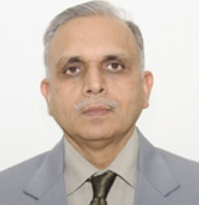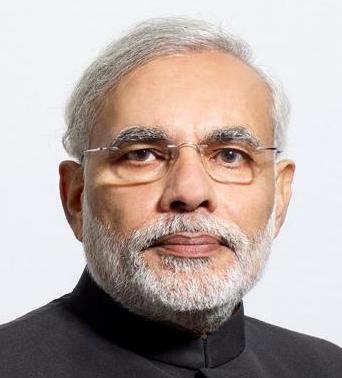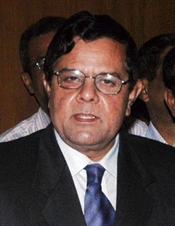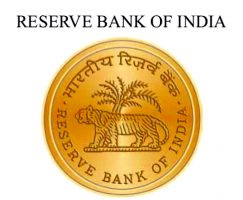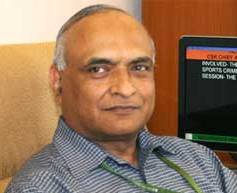The circular we are talking about is dated 13th September, 2013 vide Notification No. RBI/2013-14/254 A.P. (DIR Series) Circular No.43, which is effective from October 1, 2013.Yes, this circular would impact you if you have anything to do with export of software or even export of service from India irrespective of quantum of revenue you generate from export, thus you would like to read this.
What does the RBI circular say?
The Circular requires every exporter of software products or service to declare each and every invoice raised for export and get it certified by STPI (Software Technology Park of India), being the nodal designated agency irrespective of whatever value.
This is huge negative for IT Startups & SMEs especially who are not registered with STPI, since the STPI would levy certification charges on certification. This will shoot up the overall costs of doing business, apart from handling delays related to obtaining the certification from the STPI.
This new development would also affect existing STPI units, as they would also be required to get their exports of less than 25 K US$ certified by the STPI.
Thus, the erstwhile exemption for an invoice value of US $25000 is history, now even an export invoicing of 1 Dollar would be required to be declared to STPI and certified.
What was the erstwhile rule?
Earlier most of the Software exporters were registered with STPI as previously they were getting substantial tax exemptions and reliefs on their exports, popularly known as the “tax holiday schema”.
However, in the year 2011 these tax benefits were repelled, therein all the software exporters came under the same taxation norms as normal businesses. In view of the same majority of the software exporters did not pursue their membership with STPI.
Also earlier it was mandatory for software exporters to file a softex form with each export. But in the year 2004 a notification was issued wherein only if the invoice value exceeded 25000 US$ did the softex needed to be filed. This without doubt was a big time relief of Startups and SMEs software exporters.
Serious Issues arising – Impacting Startups & SMEs engaged in software export business
Issue 1: Freelancers generally bag small software assignment from websites like elance.com normally in the range of around 100 US $ to 500US$.
Infact many of startup software exporters raise invoices as low as 100 US $ and /or have over 100 transactions per month. It will be a herculean task for them to file a form for all invoices. Also, in these assignments there are no formal invoices, Infact many times; it is difficult to even trace the end paying customer.
Issue 2: Software exporters operating in “Software as a service model”, wherein the customer fills in small form and subscribes the SAAS software for as low as 5 US $. Best examples can be WebEngage.com, VisualWebsiteOptimizer.com, Freshdesk.com, and InterviewStreet.com.
There is no way practically to get the details of each customers leave alone proper invoice. We all sometime or other buy or subscribe SAAS based model, how many of us would like to give our detailed information for just 5 US$ transaction?
Issue 3: Above all the certification by the STPI would be a cost normally referred to as “certification fees”. As a startup are you ready to pay invoice certification charges for an invoice as low as 100 US $? This would escalate cost of business doing.
Issue 4: As we were hoping that startup ecosystem would improve in India, we have this circular killing the very fetus. At one hand we talk about next big software Product Company from India. Many of software startup companies operate with just 2 to 3 people and don’t have the desired infrastructure to handle such compliance.
This will also cause procedural nightmare, further is STPI have the bandwidth to handle all the paperwork and certification?
Issue 5: How would procedure work for exporters who earn out of micro payments and also use third party payment processors like 2checkout.com and even the appstores? In many cases, payments are also being received for exports through credit cards.
Issue 6: Assignment which are won online in most of cases are through email negotiations and thus do not have proper contracts, thus the need for supporting documents to be submitted to the authorised dealer will make things more complicated.
Issue 7: Bank Reconciliation Certificate (BRC) for every invoice would become a very big issue, since with smaller companies there would be larger number of invoice having smaller values. Suppose a scenario wherein a mobile application developing company raising 300 invoices. First bank reconciliation would not be possible in smaller value invoices and this will cause undue delay in credit of money.
Do our Startups companies deserve this kind of hardship?
To Conclude: This circular seems to be perfect medicine to kill IT Startups and SMEs in India. The idea behind removing the thread hold limit of $25000 seems not to be well thought one. Infact, RBI could not appreciate the negative impact this can and will have on the smaller software exporters from India.
A very thoughtful representation is required to be made in this regard to the IT Ministry and also the Reserve bank of India. We need to engage with RBI and explain the newer business models and the need to see in the new pricing, billing and payment models, the dinosaur saga of old softex times can no longer apply today in this dynamic technology environment.
Erstwhile threshold limit of 25K US$ was working fine and should be reinstated immediately for the benefit of the industry as a whole. We understand that RBI wants to regulate and track incoming foreign exchange but that is quite well done as all payments coming in India are tracked anyway through bank.
Please remember that this circular as on today stands and if you are not complying with the requirement, there is already an issue of non-compliance inviting penal actions.
Circular can be downloaded from here : RBI
Courtesy : NextBigWhat



